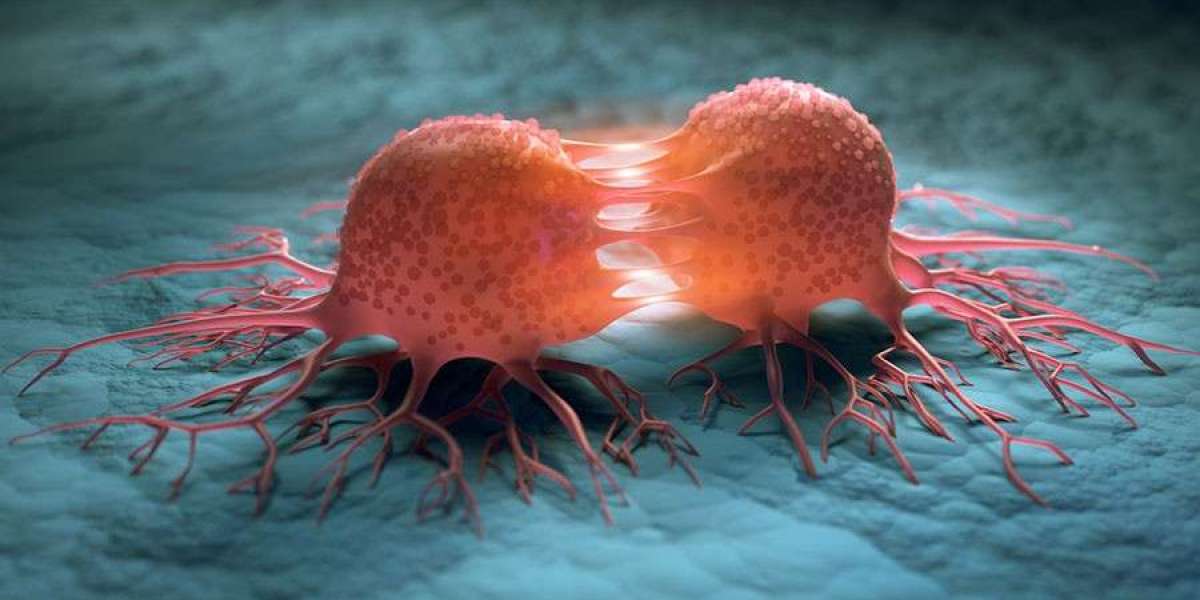Introduction
Cancer treatment has long been associated with aggressive methods like chemotherapy, radiation, and surgery—approaches that not only target cancer cells but often damage healthy cells, leading to severe side effects. However, a groundbreaking study by researchers at the Korea Advanced Institute of Science and Technology (KAIST) has introduced a game-changing cancer therapy: instead of killing cancer cells, they have successfully reverted colon cancer cells back to normal.
This innovative method has the potential to eliminate the need for toxic treatments while tackling cancer in a more natural and reversible way. If further developed, it could revolutionize cancer treatment and pave the way for safer, more effective therapies for various types of cancer.
How Scientists Reversed Colon Cancer Cells
The research team, led by Professor Kwang-Hyun Cho, utilized systems biology and digital twin simulation analysis to understand the genetic network controlling normal cell development. Instead of focusing on ways to destroy cancer cells, they analyzed how healthy cells function and identified key molecular switches that could reset colon cancer cells to a normal-like state.
Using computerized models, they:
✅ Created a digital twin of the gene network involved in normal colon cell growth.
✅ Analyzed the differentiation trajectory of normal cells.
✅ Identified master molecular switches responsible for maintaining a healthy state.
✅ Applied these molecular signals to cancer cells, effectively reverting them back to normal-like cells.
This method was experimentally tested and validated, demonstrating that cancer cells can be systematically reprogrammed without being destroyed.
Why This Discovery Is Groundbreaking
This research challenges the traditional belief that cancer cells must be killed to treat cancer. Instead, it suggests that reversing cancer cell behavior is a viable and possibly more effective solution.
Key Advantages of This Approach:
? Non-Destructive Treatment – Unlike chemotherapy, this method does not harm healthy cells.
? Avoids Resistance Issues – Cancer often becomes resistant to traditional treatments, but this method reprograms rather than attacks.
? Fewer Side Effects – Eliminating the need for toxic drugs could lead to safer cancer treatments.
? Potential for Other Cancers – If this method can be adapted, it could revolutionize the treatment of various cancers, not just colon cancer.
What’s Next? Can This Work for Other Cancers?
This breakthrough is still in the early stages, and further clinical research is needed before it can be used as a mainstream treatment. Scientists are now exploring whether this approach could be applied to other types of cancer, including lung, breast, and pancreatic cancer.
Professor Kwang-Hyun Cho emphasized the significance of this finding, stating:
"The fact that cancer cells can be converted back to normal cells is an astonishing phenomenon. This study proves that such reversion can be systematically induced."
Final Thoughts: A New Era of Cancer Treatment?
If successful in clinical trials, this approach could transform the future of cancer therapy. Instead of undergoing harsh treatments with painful side effects, patients could benefit from a non-toxic, regenerative approach that restores their cells to normal function.
The possibility of reversible cancer therapies marks a paradigm shift in oncology, where the goal is no longer just destroying cancer but reprogramming it into normality. This breakthrough discovery from KAIST could redefine cancer treatment as we know it!








